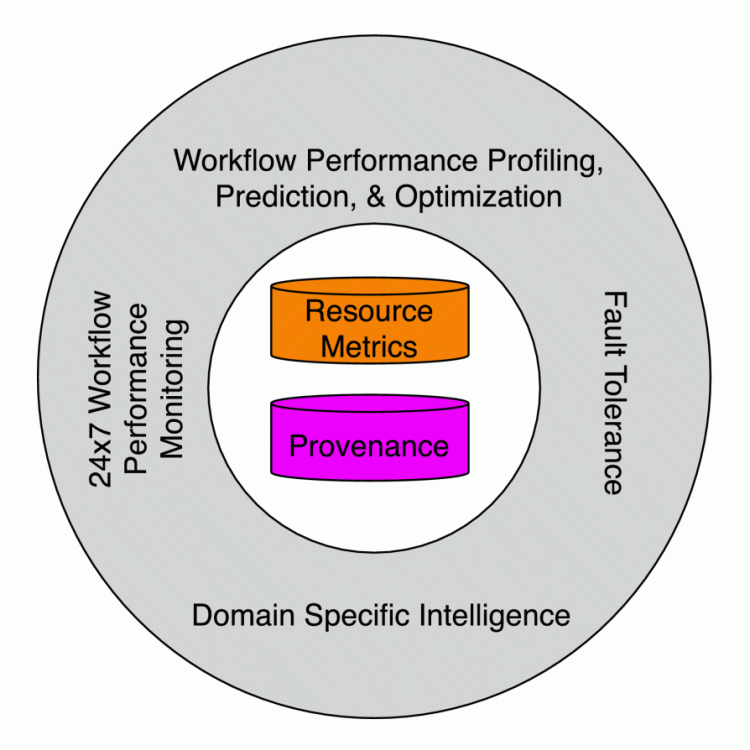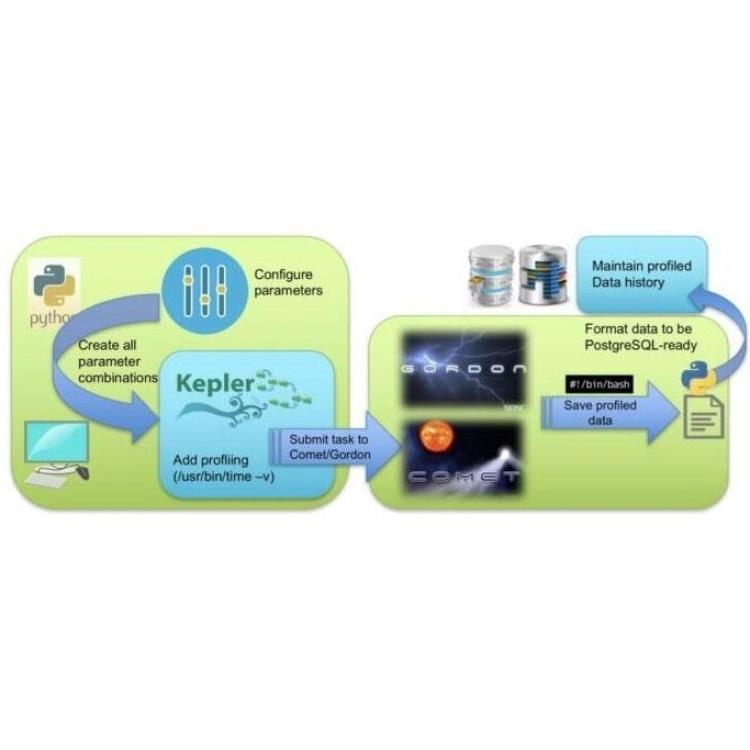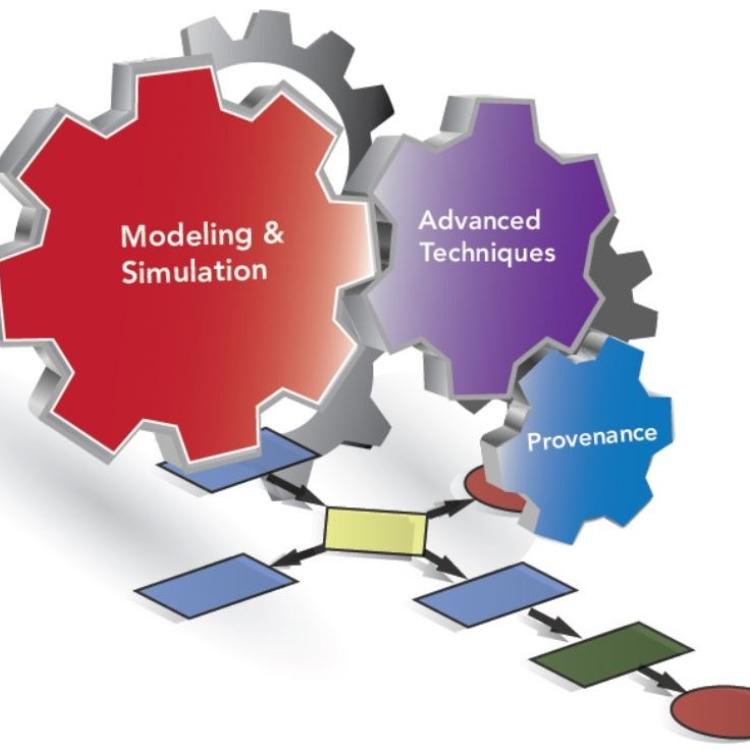Toward a Methodology and Framework for Workflow-Driven Team Science
Scientific workflows are powerful tools for the management of scalable experiments, often composed of complex tasks running on distributed resources. Existing cyberinfrastructure provides components that can be utilized within repeatable workflows. However, data and computing advances continuously change the way scientific workflows get developed and executed, pushing the scientific activity to be more data-driven, heterogeneous, and collaborative.





